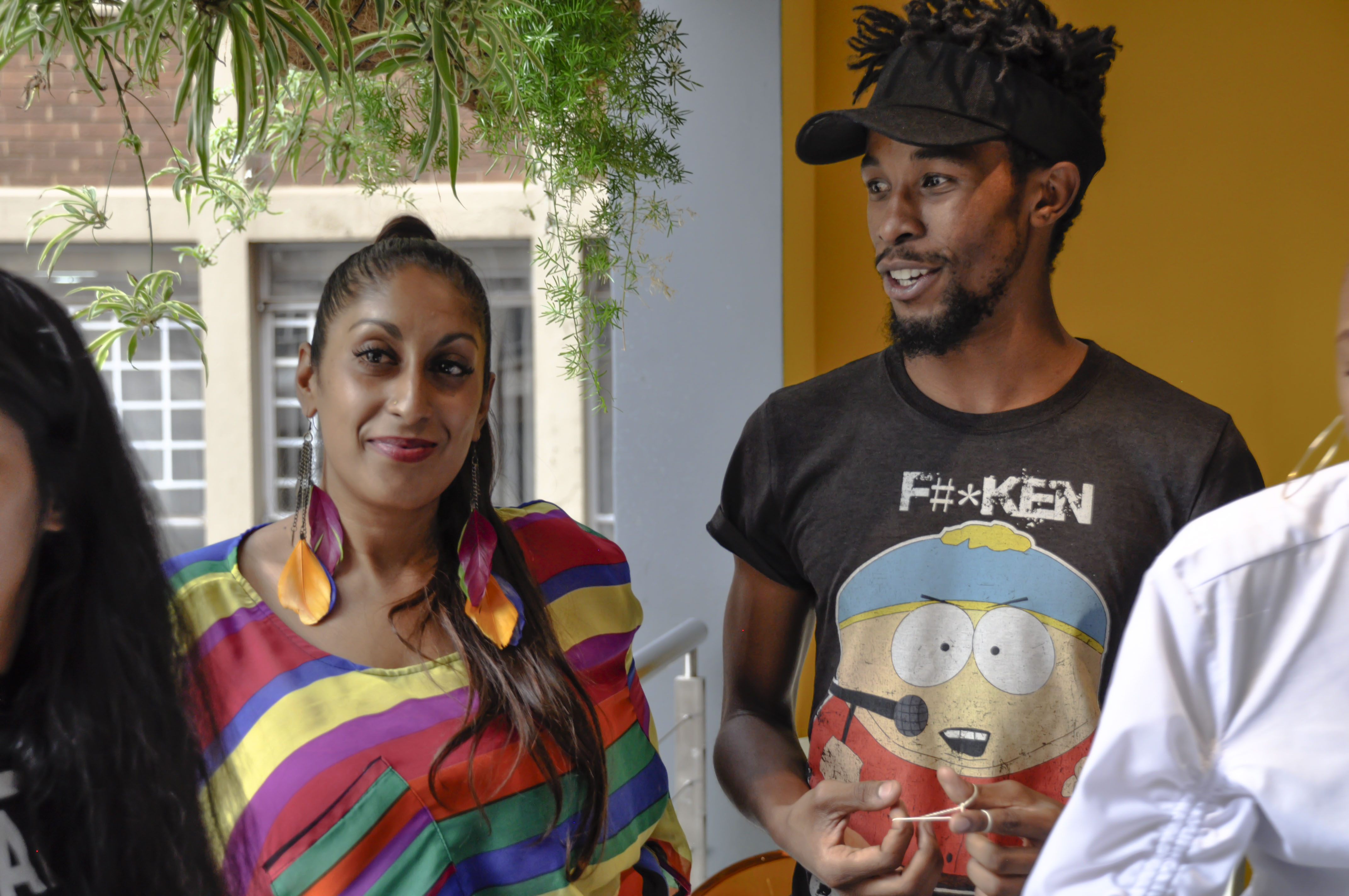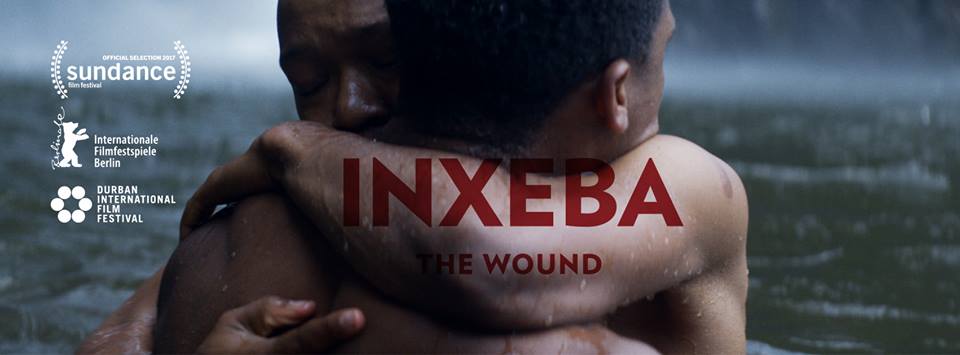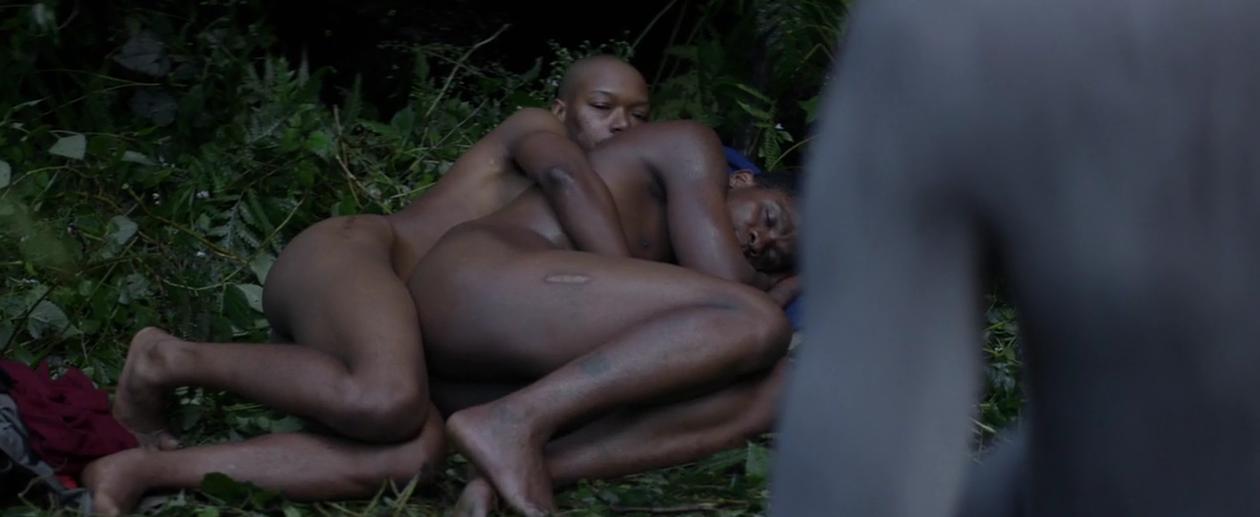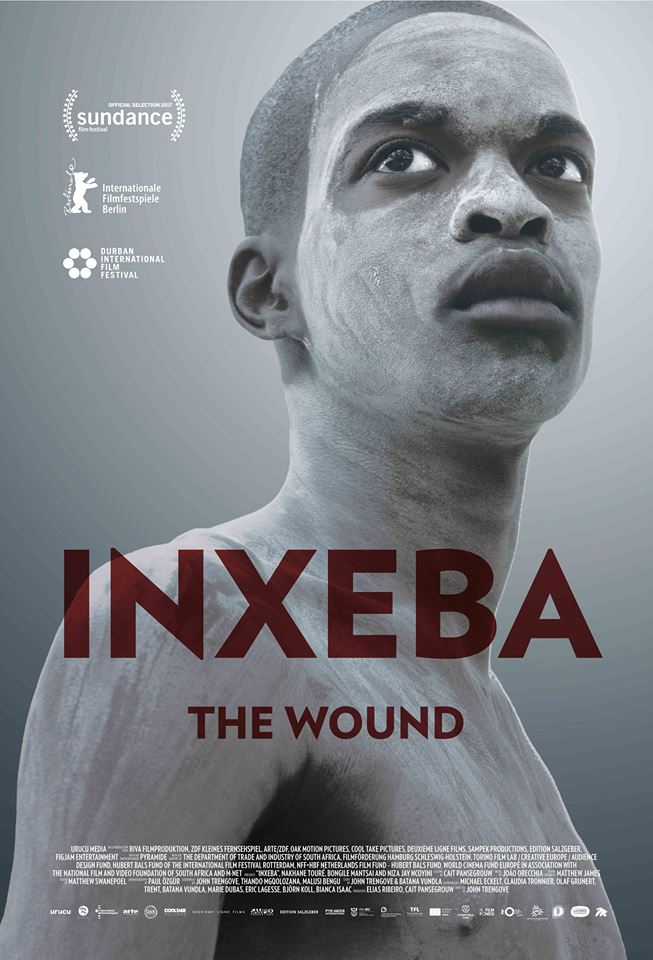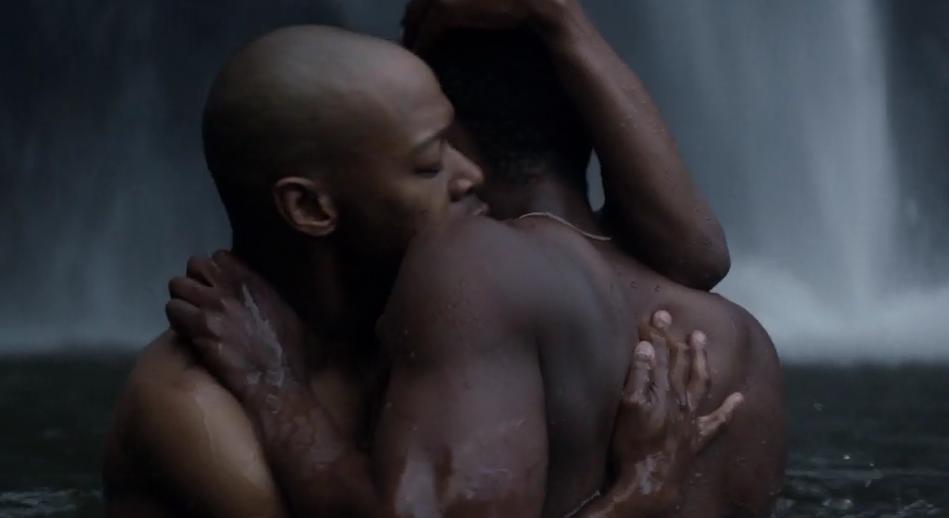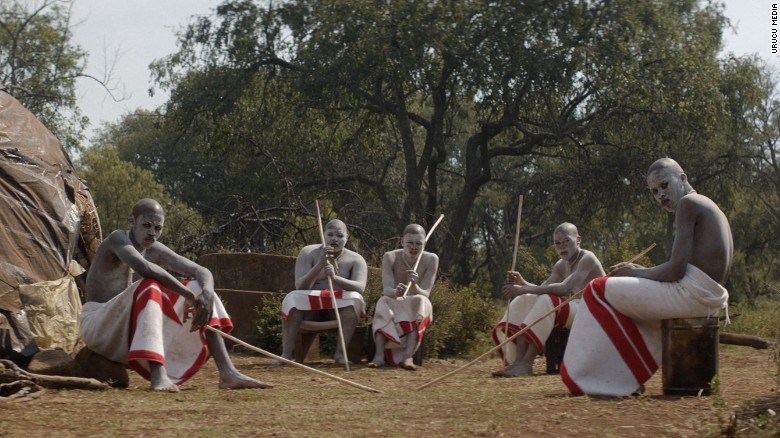I am heterosexual
I have never been a victim of violence because of my sexuality
I still identify as the gender I was born in.
I never had to “come out.”
I am a cis man.
I have never been catcalled.
I am white
I was raised by both my parents
I have never been discriminated against because of my race
I have never gone to bed hungry.
I have never felt poor.
I have never had to worry about making rent.*
Statements annunciated. Bellowed throughout the crowd. If affirmed, a step is taken forward. An articulated advantage. The starting line of life clearly left uneven – individuals pinned to peppered points of privilege. These are but a few of the points raised by Pro-Black Feminst Rebone Masemola at the last Woke Saturday as part of a ‘privilege checklist’. She used the list to visually highlight the extent and position of privilege beyond just a buzz-word.
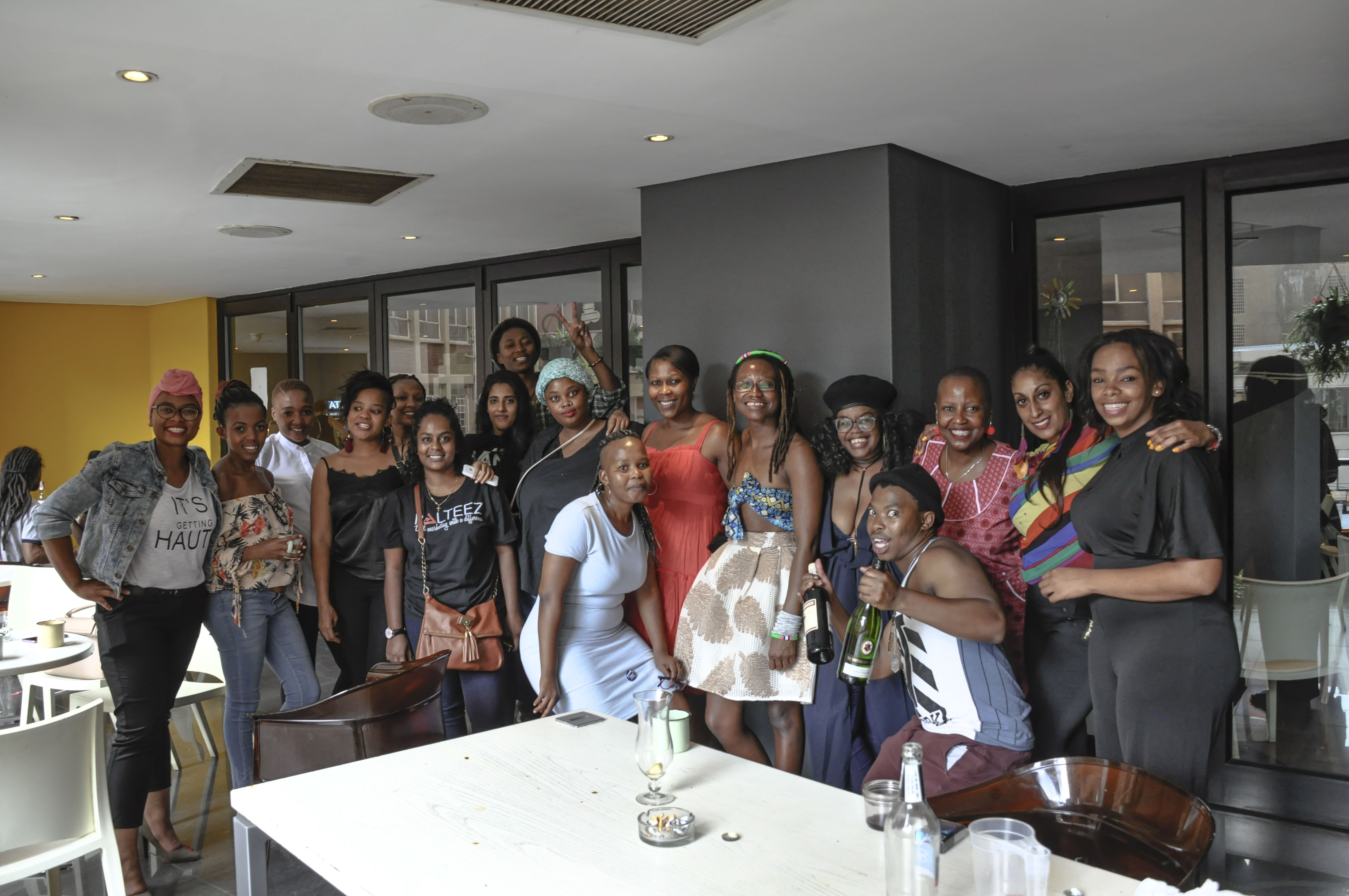
This gathering was one of the inaugural public events she has hosted – intentionally fostering a safe space in which people are invited to explore ideas and issues pertinent to notions of race, privilege, sexuality, masculinity and intersectional feminism. Woke entered public discourse on a tide political consciousness. As founder of the platform, Woke Project – Rebone notes a differentiation between woke and staying woke. In a sense she believes that the popular colloquialism has been tempered down from its original embodiment of social awareness and intersectionality. Staying Woke, extends from political awakening into action and activation.
Creating constructive discourse seems to be an important step in enacting social change. Rebone holds the policy of “open invite, open mind” and utilizes the platform to, “showcase the works of emerging thinkers, activists and creatives who address a diversity of social issues.” The programme also strives to incorporate artistic endeavors like photography and poetry to address political consciousness in an inclusive way.
Rebone’s experience in the space of academia, advertising and activism has inspired a desire of integrating these seemingly siloed disciplines. The utilization of critical thinking as a transferable skill has allowed her to engage across this spectrum of careers. The culmination of which has manifested through Woke Project – activating space both on and offline. The platform was created as a resource to share information and personal experiences, rooted in community.
*An extract of the Privilege Checklist by Rebone Masemola 2018
